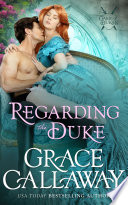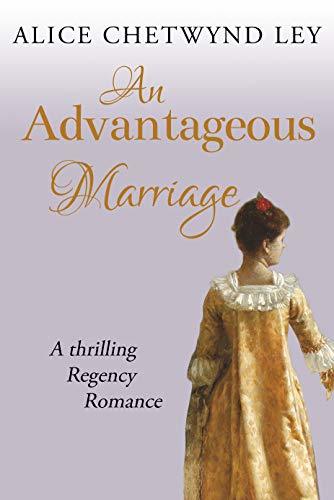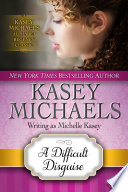Moniker/Name
Sue
Source of Question
Research
Your Question
In the case of unmarried women who were wealthy enough to have a ladies maid, what happened to the maid when said woman got married? Would she usually follow her mistress to the new household? Or did she stay working for the same family and the woman hired/was assigned a new ladies maid from the staff of her husband’s household?
Thanks for your question, Sue, and for being a Regency Reader!
This is one of those “it depends” answers, as there are a lot of variables that influence the outcome.
First, a young lady must be of a wealthy enough family to have a lady’s maid in the first place. For that maid to travel with her, it would also require the lady’s maid not to be in service of anyone else, like sisters. Here is a handy chart that shows how income influenced household staff size:
The Country Gentleman’s Magazine (1869).
As it indicates, even in very wealthy families it was not uncommon for a young, unmarried lady to not be assigned their own maid.
If the lady in question was marrying a wealthy man, then it is likely she would either promote a housemaid to the cause, or hire her own lady’s maid upon marriage. More modest situations, she might not have a lady’s maid (see above) but only a cook, one maid of all work, and footman or boy.
Generally, I think the vast majority of young ladies would consider hiring a lady’s maid a rite of passage as a married woman and therefore not pull over someone from their parent’s household. However, there were probably occasions, including second marriages, where a lady’s maid might travel with the lady to her new household. If, in the scenario you posed, she was wealthy enough to have been assigned her own maid as a young lady, there is no reason to think she wouldn’t bring the lady’s maid to her new household, especially if there were no sisters to consider and the maid did not have any attachments to the previous household.
I hope that is helpful!
Ask us more questions about the Regency in our Regency ? page.
Appreciate our research? Please share with other readers, leave your comments, buy a book through one of our links on reviews, or buy us a cup of tea!
Sources:
The Country Gentleman’s Magazine …. (1869). United Kingdom: S. Marshall & Company.
The Duties of a Lady’s Maid: With Directions for Conduct, and Numerous Receipts for the Toilette. (1825). United Kingdom: J. Bulcock.
The Family Friend. (1855). United Kingdom: S.W. Partridge & Company.










That is really interesting, thank you